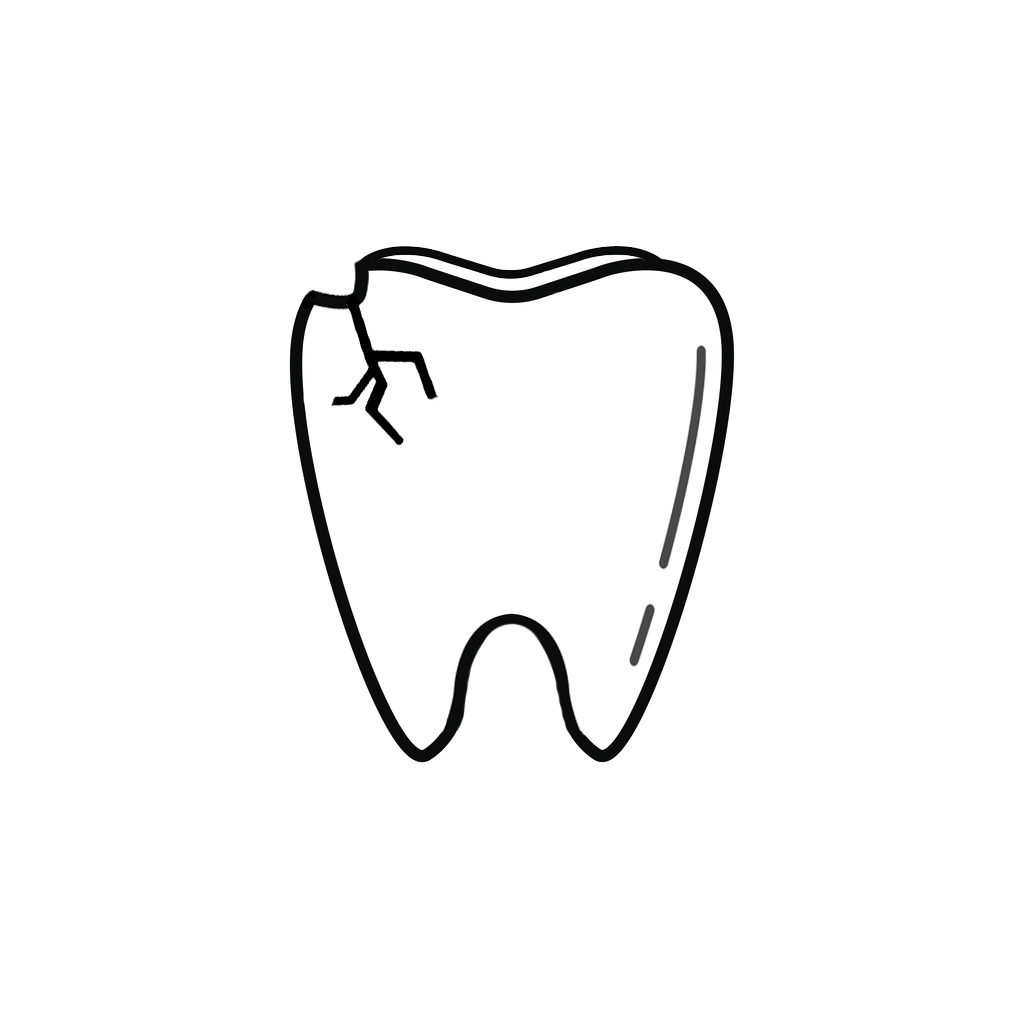
A cracked tooth can affect the appearance of your smile and hinder the function of your teeth. Depending on the severity, you may experience discomfort or find it difficult to chew comfortably. Thankfully, damage to your teeth can be avoided by knowing what causes it. Below we have gathered the most common reasons for a tooth to crack and how to avoid it from happening.
Chewing Hard Foods
While healthy teeth are strong, they are not indestructible. Try to avoid or limit chewing on hard foods such as nuts, ice, or popcorn kernels, as these can cause cracks in your teeth.
Grinding Your Teeth at Night
Teeth grinding (known as bruxism) is a common occurrence and can happen without your knowledge. Most teeth grinding happens in your sleep and can gradually damage your enamel, causing stress fractures or what are known as craze lines. Combat this issue by wearing a night guard, which acts as a barrier between your upper and lower teeth and protects them from wear.
Natural Aging
As you age, so do your teeth. While you can’t avoid aging, you can help limit the effects it has on your oral health. Cracked teeth are commonly found in people over the age of 50 due to a lifetime of daily use. Because of this, it is important to practice strong oral hygiene habits and visit our dentist in 22181 on a regular basis.
Trauma to the Mouth
Traumatic dental injuries can occur during vehicle or sport collisions. Often, these accidents are unavoidable and can cause damage to your teeth. While playing contact sports, we encourage you to wear a mouth guard to lower your chances of cracking a tooth.
Cracked teeth, especially when left untreated, are one of the leading causes of tooth loss. There are ways to avoid these injuries that will help keep your teeth strong and safe. Sometimes, a cracked or chipped tooth is unavoidable. In this case, our team can help restore your teeth back to full health.
For more information or to schedule your next appointment, contact our dental office in Vienna, VA today.









